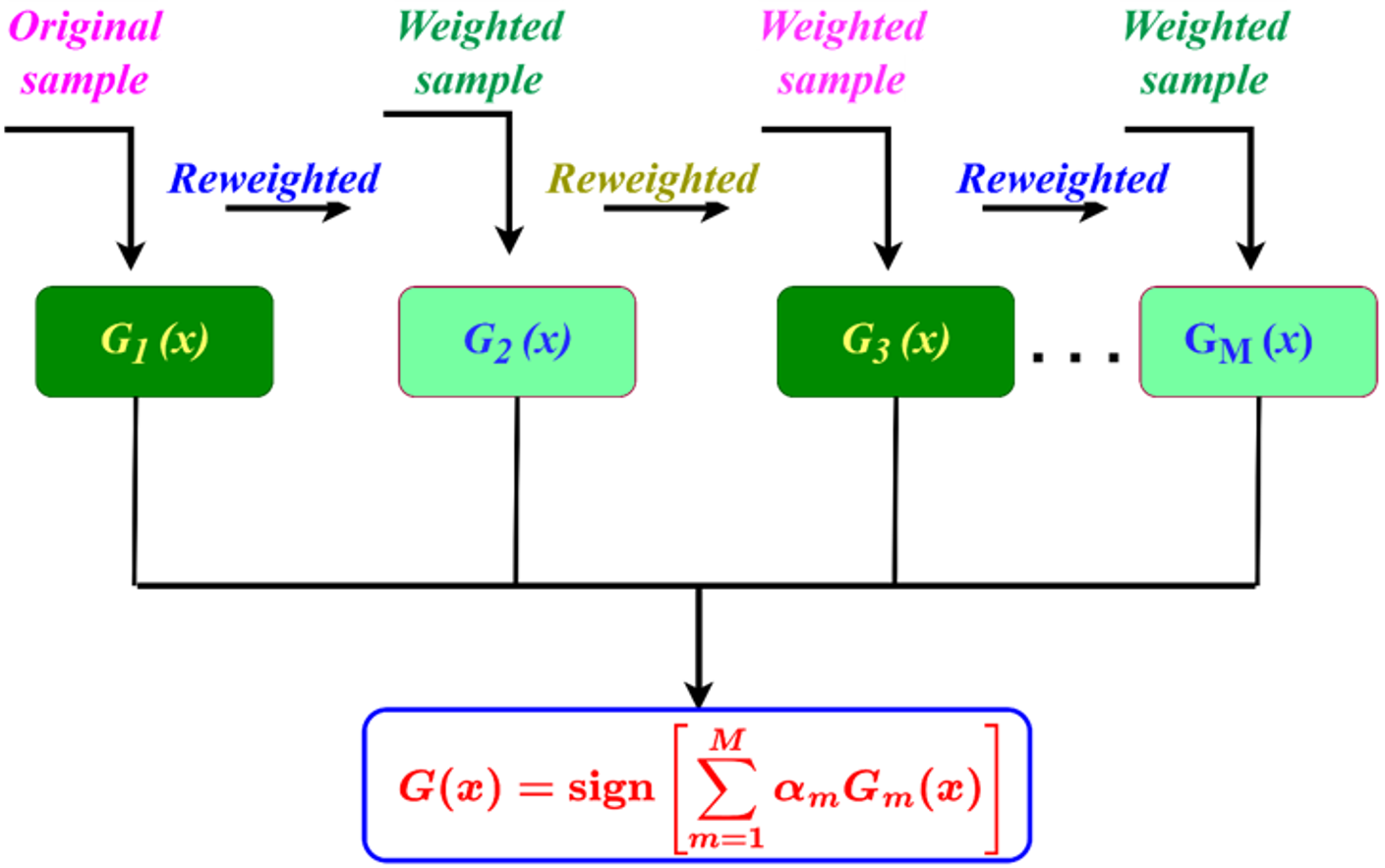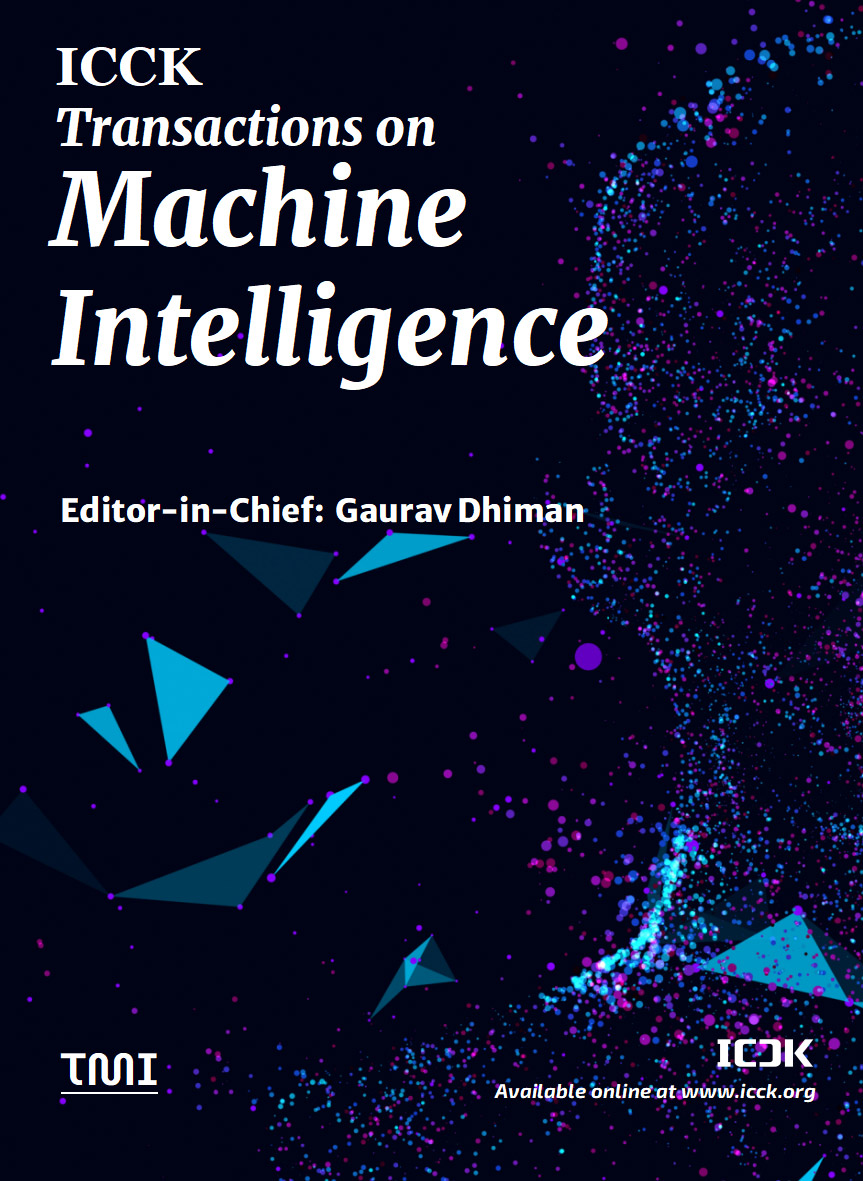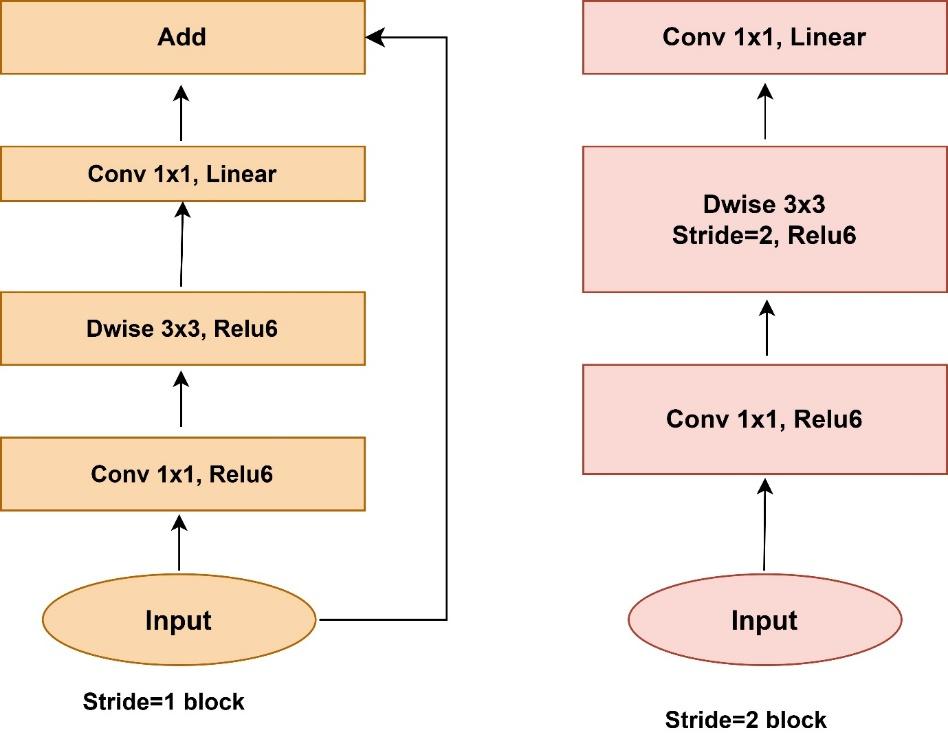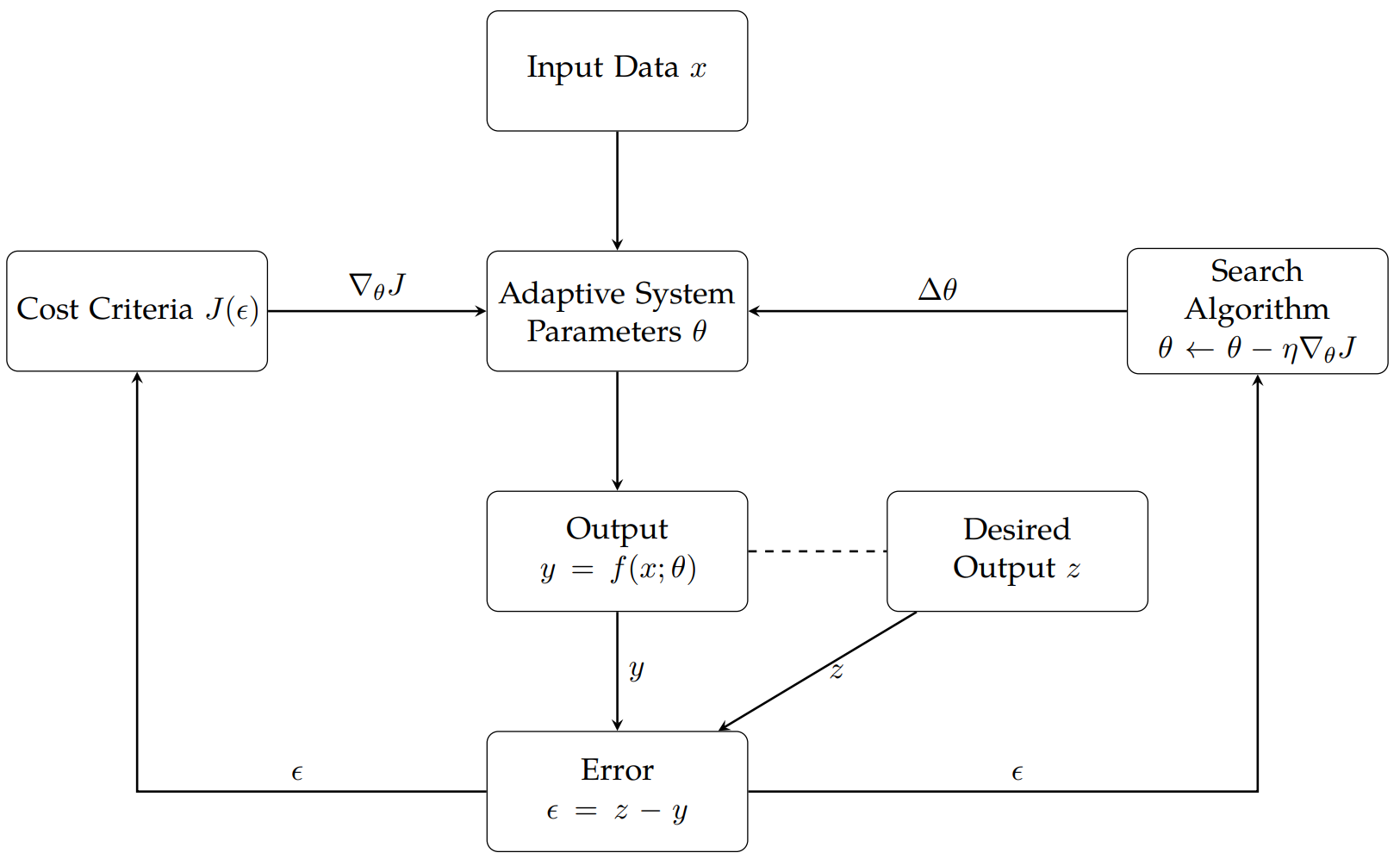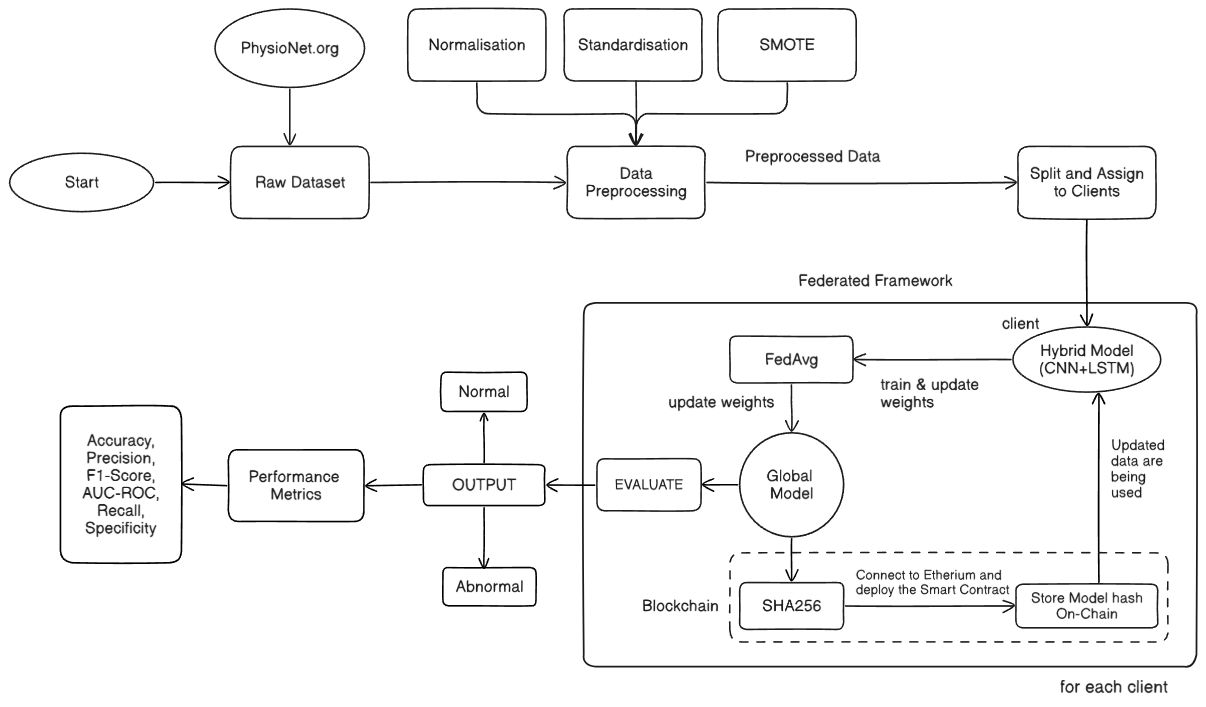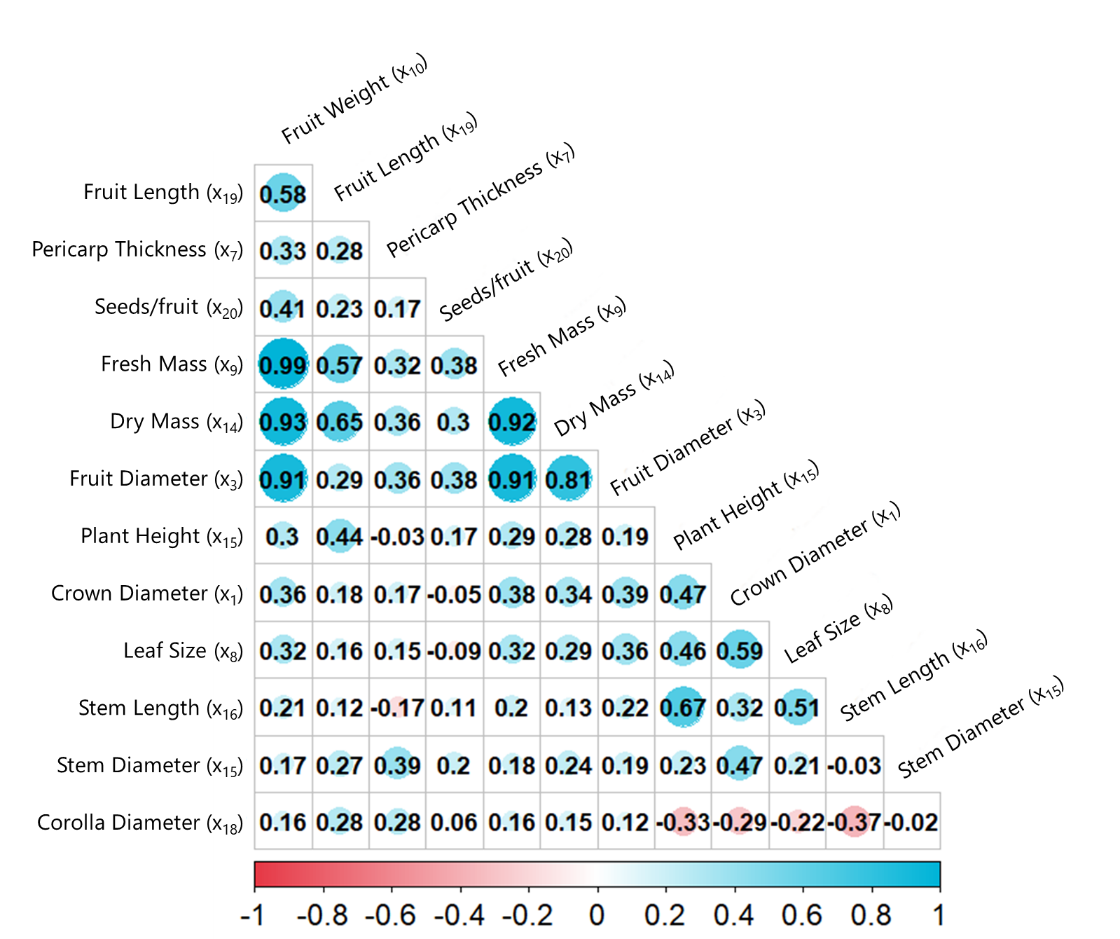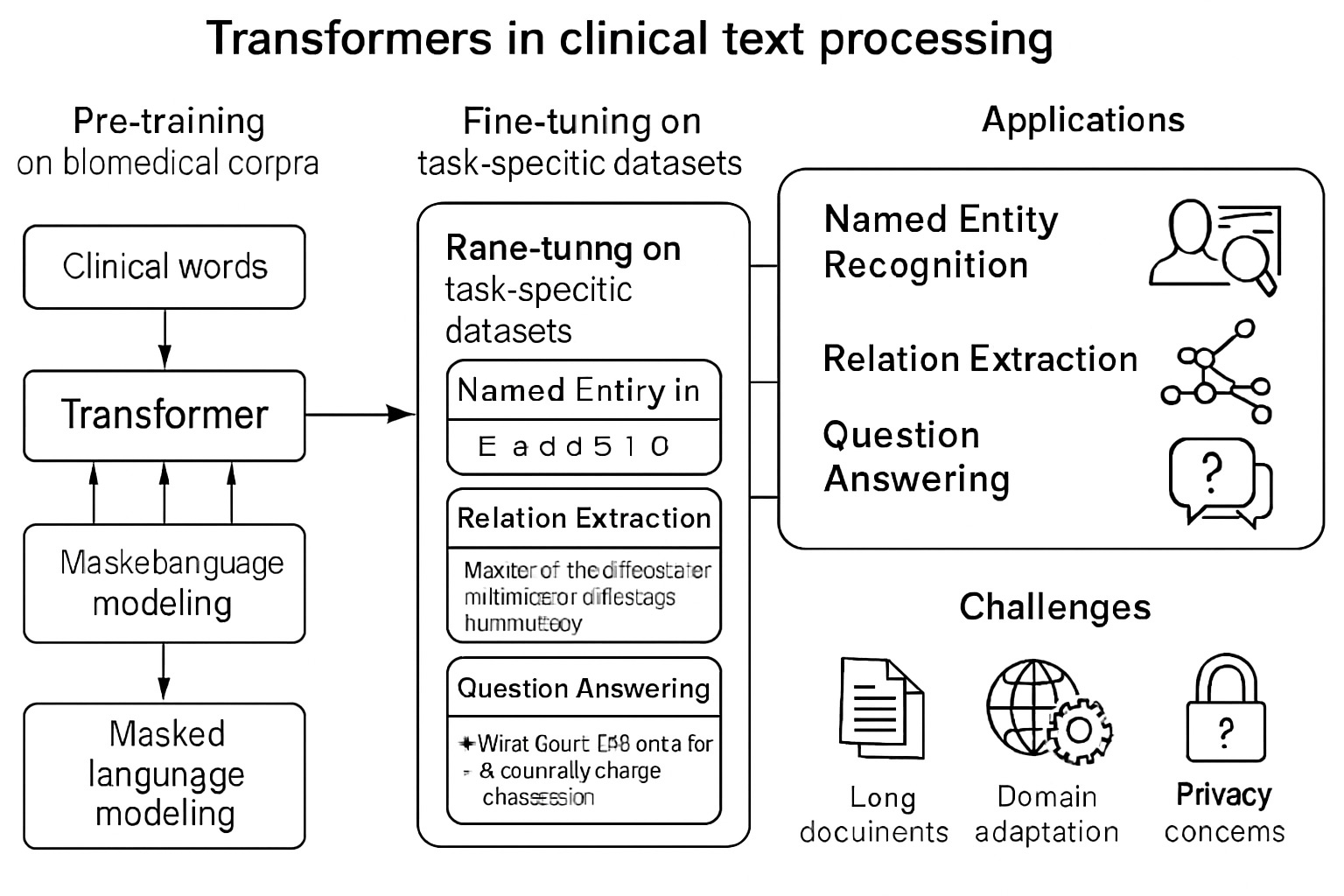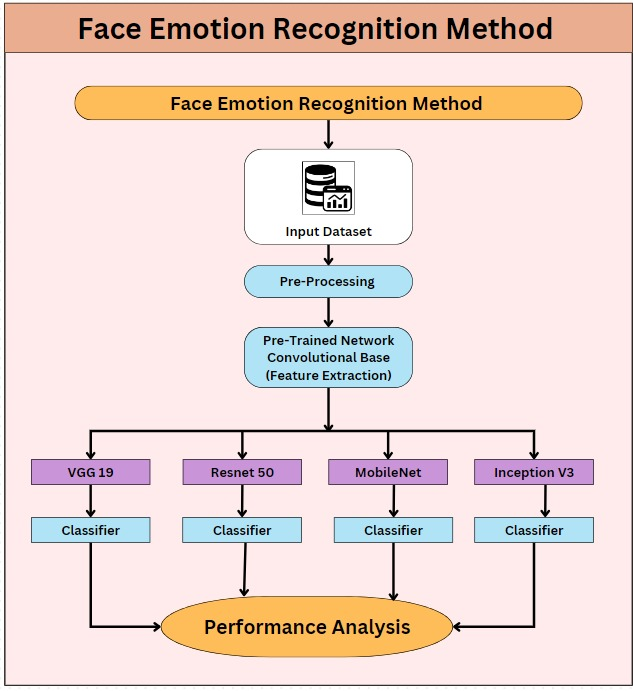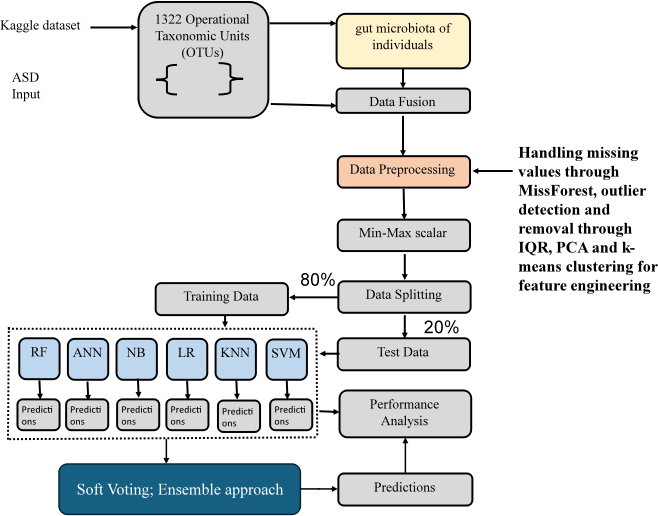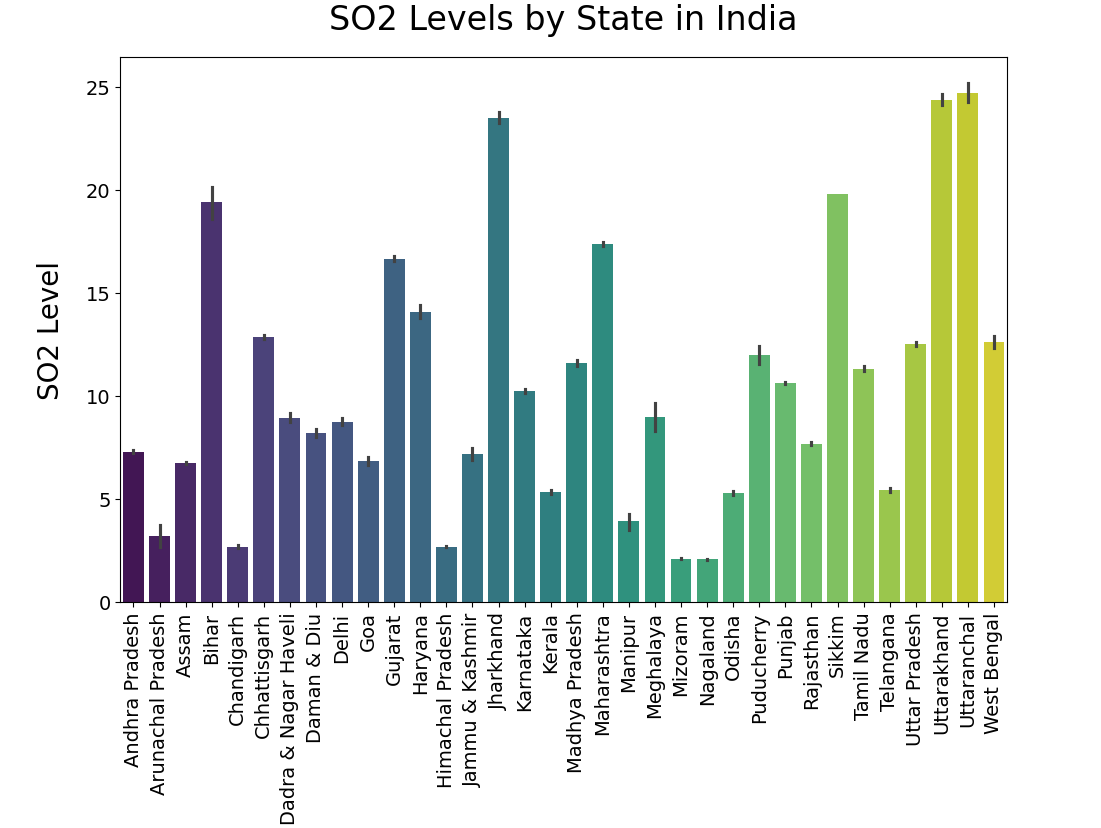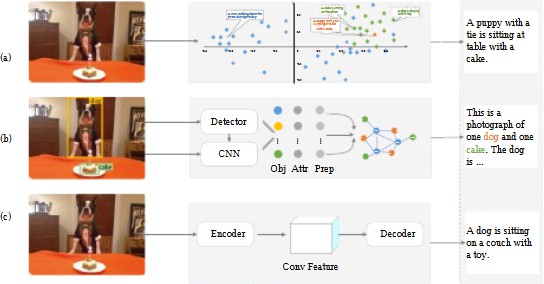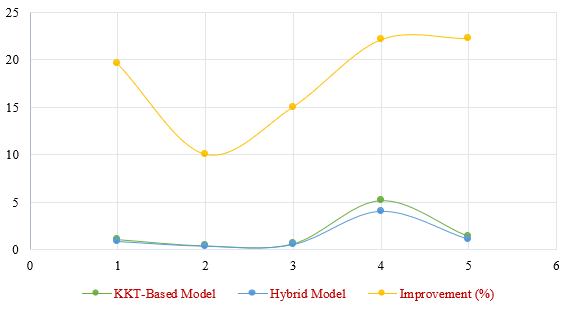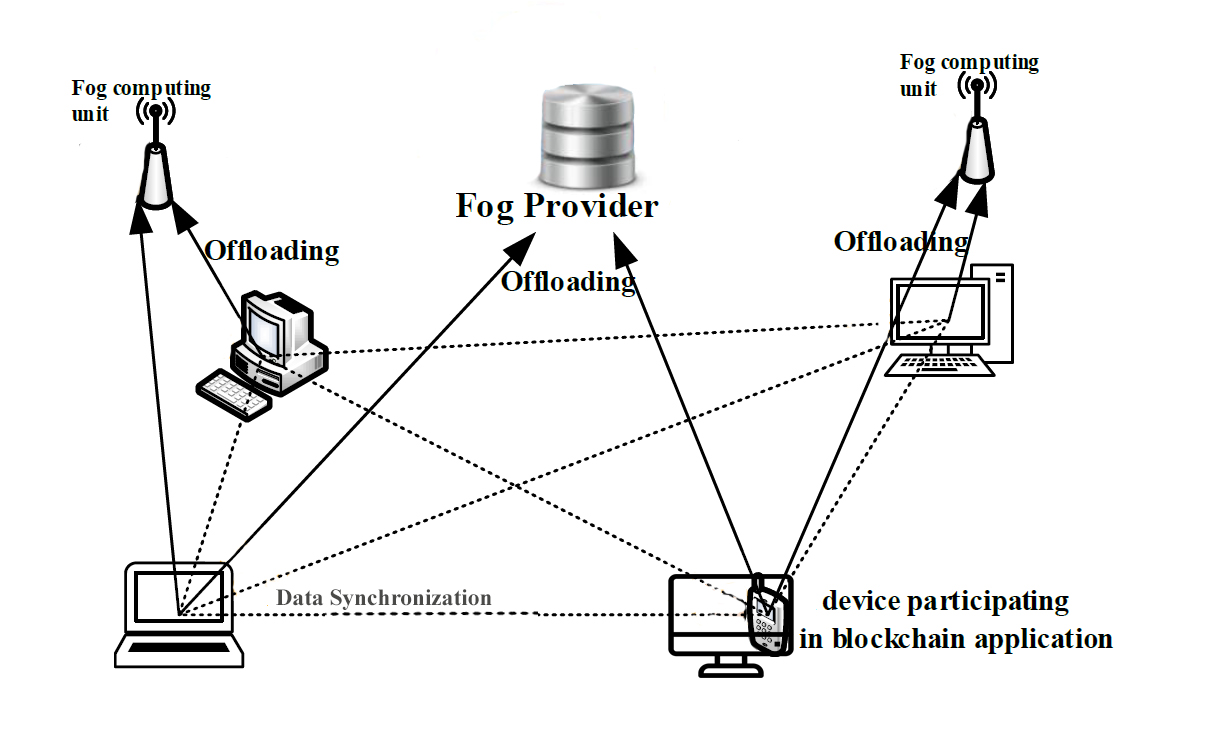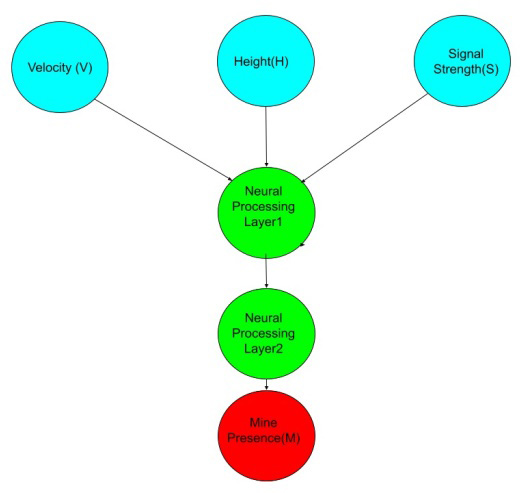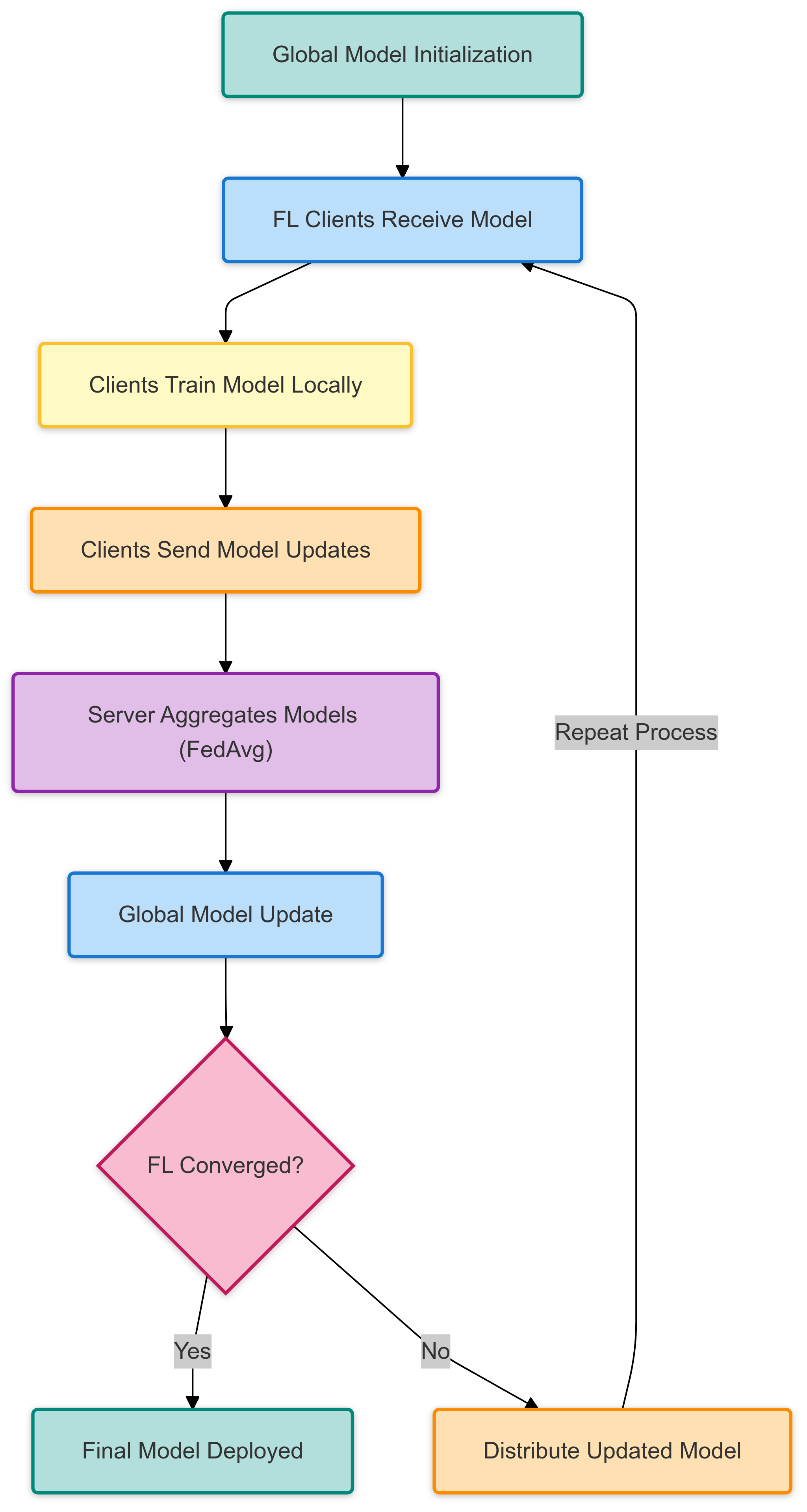ICCK Transactions on Machine Intelligence | Volume 2, Issue 1: 53-64, 2026 | DOI: 10.62762/TMI.2025.782852
Abstract
Greenhouse gas Methane (CH$_4$) has 86 times more impact on global warming than carbon dioxide (CO$_2$). The emission of methane gas into the atmosphere is increasing due to the reliance on fossil-based resources in post-industrial energy consumption, along with the rise in food demand and the generation of organic waste that accompanies a growing human population. CH$_4$ acts as a vital pollutant in the air. The problem addressed in this study was to accurately estimate CH$_4$ emissions from functional urban areas. This study aims to predict CH$_4$ emissions using Time Series (TS) and Machine Learning (ML) models such as Autoregressive Integrated Moving Average (ARIMA), Seasonal ARIMA (SAR... More >
Graphical Abstract
